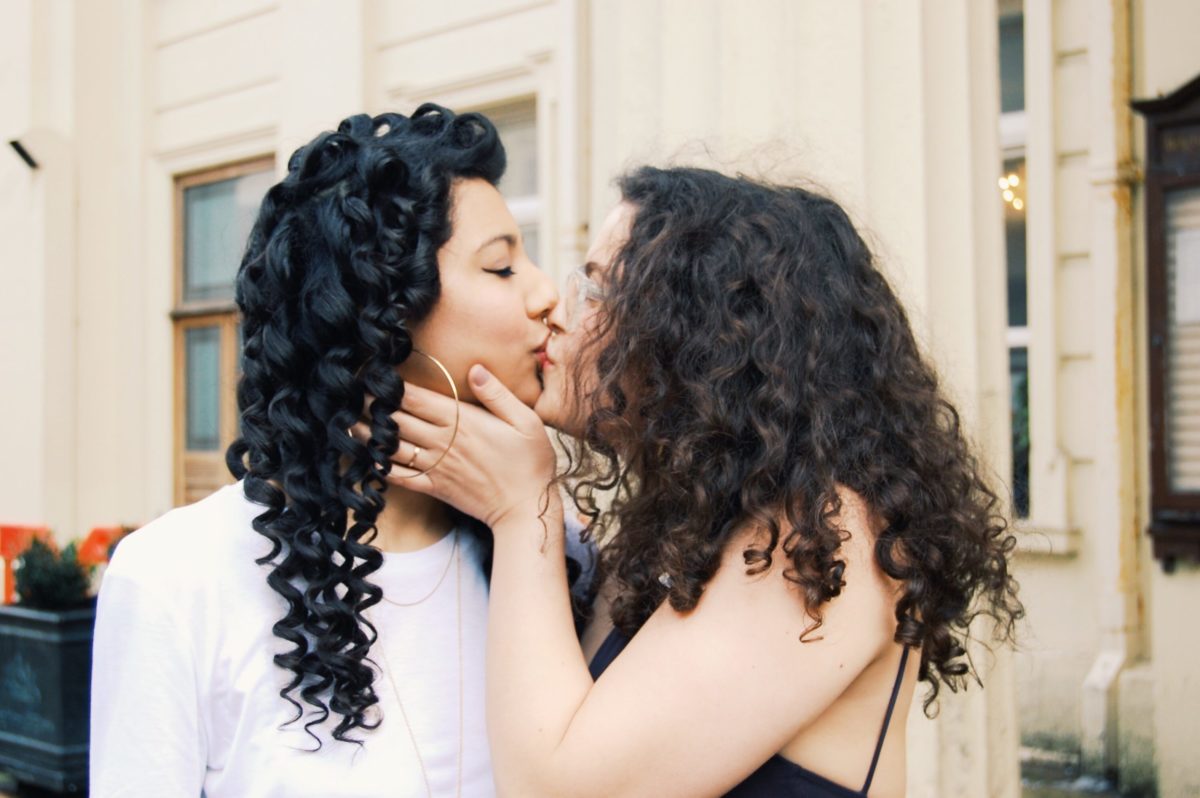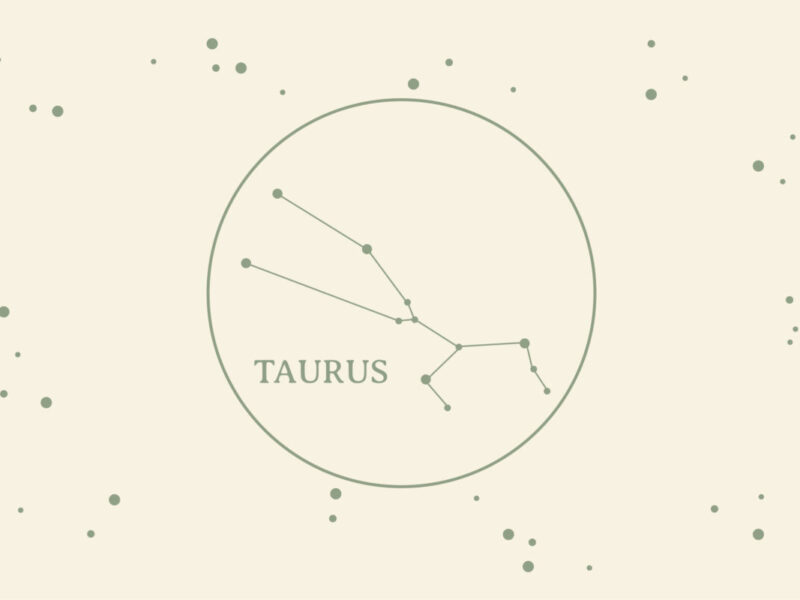From Shakespeare’s classic sonnets to Rupi Kaur’s shorter verses, love stands out as an enduring subject in poetry. With so much written about love, including whole anthologies, it can prove difficult to ward off cliches and to make such a universal, timeless emotion feel fresh. Of course, new poets don’t have to stumble alone. Some of poetry’s strongest voices have penned unforgettable love poems that we can all learn from. When you’re in love, you have to express it—here’s how.
Find the extraordinary in the ordinary, like Frank O’Hara
Love can be found in the exhilarating: Who wouldn’t adore a romantic vacation, fancy date, or thoughtful, over-the-top present? Despite this common perception of love, however, most see it in daily details, like the way they and their partner make a grocery list together, cuddle up while watching old films, or catch each other’s eyes while browsing used bookstores. Think about it—movie montages are made of these small, significant moments.
In “Having a Coke with You,” one of my favorite love poems, O’Hara evokes this familiar strategy. He sets the poem while sharing a Coke with a lover, at 4 in the afternoon, and juxtaposes this seemingly common experience with grand, worldly imagery.
“Having a Coke with you / is even more fun than going to San Sebastian, / Irún, Hendaye, Biarritz, Bayonne / or being sick to my stomach on the Travesera de Gracia in Barcelona / partly because in your orange shirt you look like a better happier St. Sebastian / partly because of my love for you, partly because of your love for yoghurt,” O’Hara writes.
These details, like the lover’s orange shirt and affinity for yogurt, make the relationship specific, but also relatable to any reader. We could all swap these specifics for ones that describe someone we love, making the poem—and O’Hara’s experience of love itself—ageless and transcendent.
Prompt: What’s something you do every day with the one you love? How could this become the setting of a poem? Include details and specific imagery.
Explore love through a singular metaphor system, like beyza ozer
Do you and your partner share a fascination with dinosaurs, the paranormal, ‘90s hip-hop, or something else that’s unique and specific to you? That might not seem relevant to poetry, but beyza ozer’s poem “To Summarize a Galaxy,” suggests otherwise.
This poem comes from ozer and their partner’s love of space. In the poem, this shared interest becomes an interesting, unexpected lens through which to examine love.
“we are beginning to look like lightning or the frameworks of / buildings too far away or the line where the lake meets the sky. you are every 1996 space / exploration gone right & I am waiting for you to come home with a backpack filled with moon / rock & stardust to keep in our apartment. we find small jars to hide behind our pillows & fill / every corner with something only we have touched,” ozer writes.
The overarching metaphor of space emphasizes so much about love: how all-consuming it can be, how special and miraculous it can feel, and how it can even seem to suspend gravity. Instead of directly stating these feelings—which could seem too sentimental—ozer lets the metaphor illustrate the point for them.
Prompt: Hone in on a shared hobby, interest, or obsession between you and your partner. It can be anything you want—the weirder, the better. How can you reflect your love while writing about that overlying subject?
Run with a hypothetical, like Tara Skurtu
Have you ever had a dream so emotional it felt real? Skurtu begins her poem “Morning Love Poem” with a retelling of such a dream.
The poem shows how a dream—specifically, a dream that the speaker accidentally killed her lover by feeding them something they were allergic to—can impact real life, often making us more perceptive. Dreaming plays a huge part in love: In addition to dreaming of a lover while asleep, people in love might day-dream about them throughout the day, or plan for the future in a dreamy, hopeful haze. A former professor of mine used to say, “Poems have their own truths.” While a dream might not represent a true event, it can still reveal truths about a relationship or about any experience, as well as provide an interesting entry point for a poem.
“Dreamt last night, I fed you, unknowingly / something you were allergic to. / And you were gone, like that. / … Sometimes, dreams slip poison, make the living / dead then alive again, twirling / in an unfamiliar room. / It’s hard to say I need you enough. / Today I did. Walked into your morning / shower fully clothed,” Skurtu writes, showing how a dream acted as a sort of reawakening.
Prompt: Write about love from the perspective of a dream or of a fear. What real-life truths linger in this imagined reality?
Acknowledge the past—and believe in better, like Traci Brimhall
Sometimes, love ends. Sometimes, love results in heartbreak. Whether we mean to or not, almost all of us carry this baggage into new relationships and experiences. Like the speaker in Brimhall’s poem, we can be afraid to surrender to love again.
In Brimhall’s “Aubade With a Confederacy of Daisies,” the speaker acknowledges how past heartache can linger even in a new relationship, as well as broaches the fear and anxiety that can accompany falling in love. While most love poems don’t betray these less idealized feelings, Brimhall’s handling of them makes the poem a portrait of more mature, complex love—love that is all the more precious because the speaker knows how rare and fleeting love can be.
“Love gives me a toothbrush, a confederacy / of daisies, the top half of silk pajamas. And I am / afraid to heal, though kindness opens me like / a pinecone in fire. / … We are still new to each other. / We don’t know how much we will have / to forgive,” Brimhall writes.
Prompt: Let the ghost of a past heartbreak make an appearance in a love poem. What lessons can these different relationships teach each other?
Transform your love into poetry everyone will love. Happy writing!




